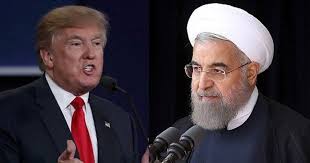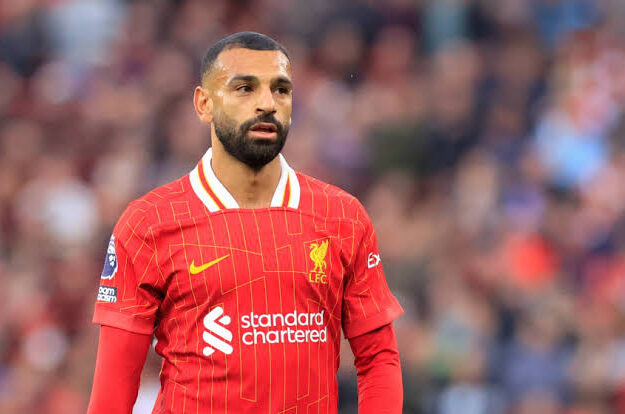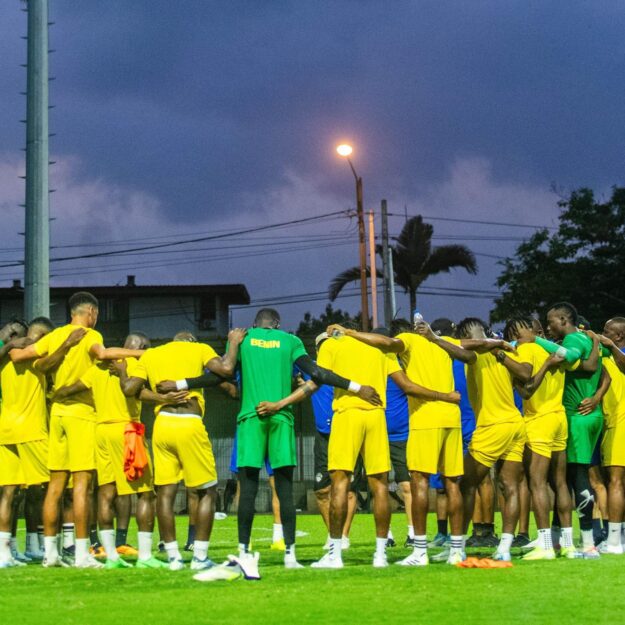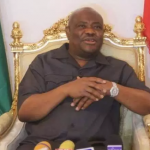
Iran has finally matched United States threat with actions by exceeding the limit on its enriched uranium reserves under a 2015 nuclear deal that has edged towards collapse under Washington’s “maximum pressure” campaign.
While Britain has called on Tehran to avoid further steps away from the deal, demanding it sticks to its commitment under the accord, Israel has urged European states to sanction the country.
The United States withdrew from the nuclear deal last year and re-imposed biting sanctions on Iran’s crucial oil exports and financial transactions as well as other sectors.
Tehran, which has sought to pressure the remaining parties to save the deal, on May 8 announced it would no longer respect the limit set on its enriched uranium and heavy water stockpiles.
It also threatened to go further and abandon more nuclear commitments unless the remaining partners — Britain, China, France, Germany and Russia — helped it to circumvent sanctions, especially to sell its oil.
Meanwhile, Iran’s Foreign Minister, Javad Zarif who disclosed that his country has crossed the 300-kilogramme limit, insisted Iran had done nothing wrong. “We have NOT violated the #JCPOA,” he tweeted using an acronym for the nuclear deal.
He said Iran would “reverse” its decision “as soon as E3 abide by their obligations” — referring to the European partners of the deal Britain, France and Germany.
The International Atomic Energy Agency confirmed Iran had exceeded the limit that the deal had imposed on its stockpile of low-enriched uranium (LEU).
Russia’s deputy foreign minister, Sergei Ryabkov, said Iran’s move was a cause for “regret” but also “a natural consequence of recent events” and a result of the “unprecedented pressure” imposed by the US.
Britain’s Foreign Minister Jeremy Hunt said on Twitter that London was “deeply worried” and urged Iran to stop taking any further steps outside the terms of the 2015 nuclear deal and “come back to compliance”.
UN chief Antonio Guterres said it was “essential” that Iran stick to the deal.
On Friday, the European Union said after a crisis meeting aimed at salvaging the deal that a special payment mechanism set up to help Iran skirt the sanctions, known as INSTEX, was finally “operational” and that the first transactions were being processed.
The 2015 deal saw Iran commit never to acquire an atomic bomb, to accept drastic limits on its nuclear programme and submit to IAEA inspections in exchange for a partial lifting of crippling international sanctions.
But US President Donald Trump’s unilateral withdrawal from the deal on May 8 last year — and subsequent sanctions — have deprived Iran of the economic benefits it expected and plunged it into recession.
Exactly a year after the US withdrew, President Hassan Rouhani said Iran would temporarily cease to limit its stocks of heavy water and low-enriched uranium.
You may be interested

‘It Was A Fair Result’ — Troost-Ekong Reacts To Super Eagles Stalemate Vs Benin Republic
Webby - November 15, 2024Super Eagles captain William Troost-Ekong claimed the Super Eagles deserved a point from their 2025 Africa Cup of Nations qualifying…
Dikko Vows Full NSC Support For Nigerian Teams’ Continental Success
Webby - November 15, 2024National Sports Commission (NSC) Chairman, Shehu Dikko, has pledged the Commission’s commitment to support all Nigerian sports teams competing on…

Super Eagles Goalkeeper Nwabali Loses Father
Webby - November 15, 2024Super Eagles goalkeeper, Stanley Nwabali, has lost his father.Nwabali announced the death of his father on Instagram on Friday, November…




















![American Pastor, David Wilson Seen Eating The Box Of Woman Who Isn’t His Wife [Video]](https://onlinenigeria.com/wp-content/uploads/2019/10/american-pastor-david-wilson-seen-eating-the-box-of-woman-who-isnt-his-wife-video-150x150.jpg)









